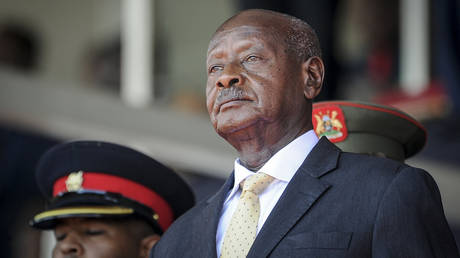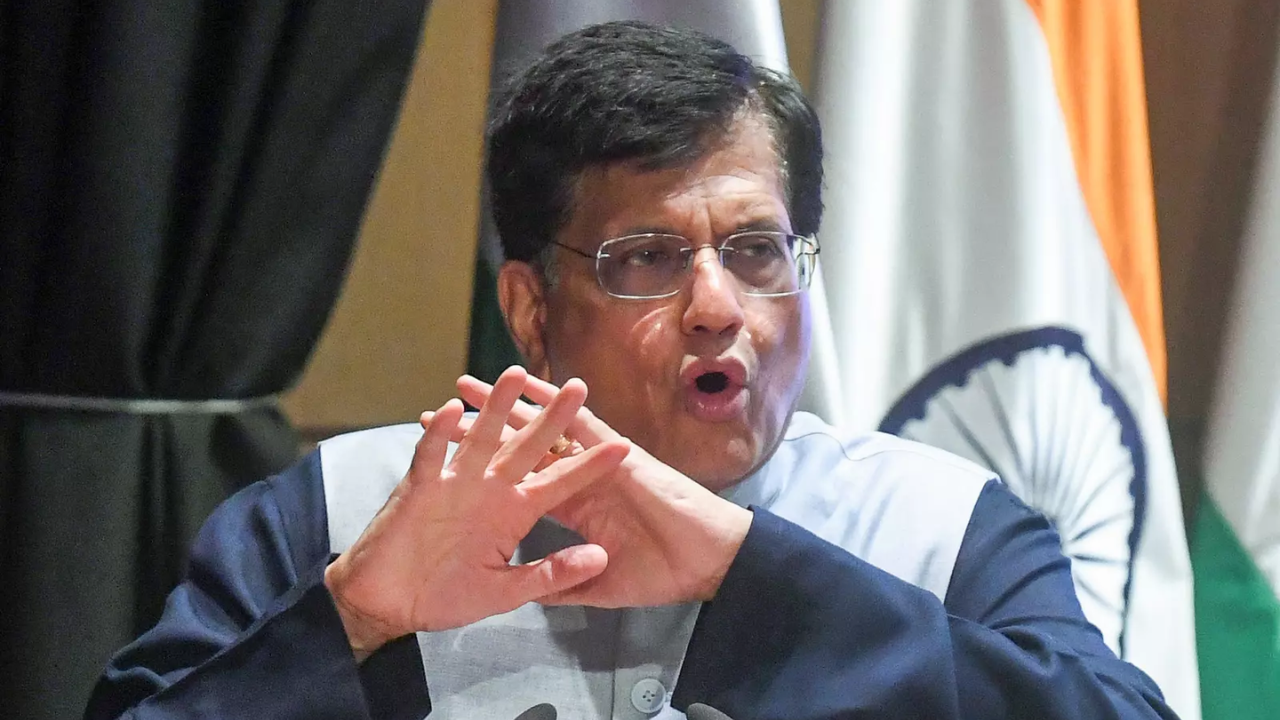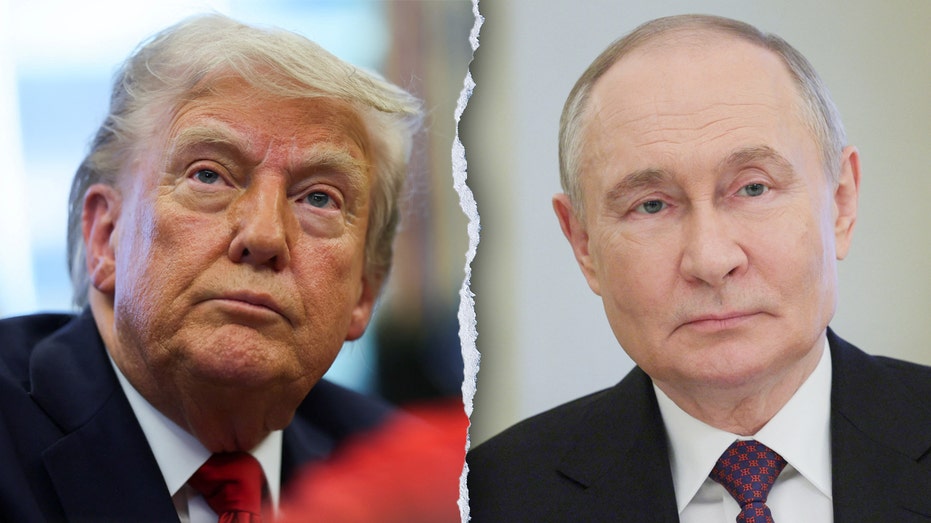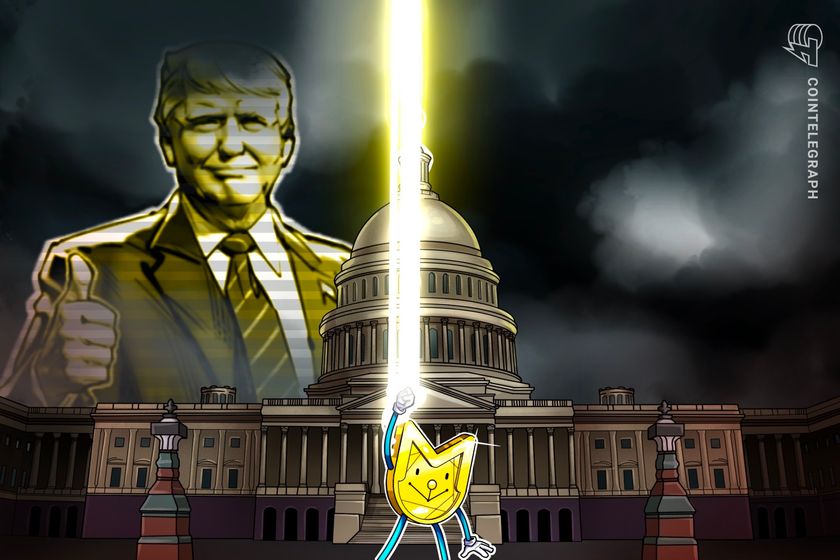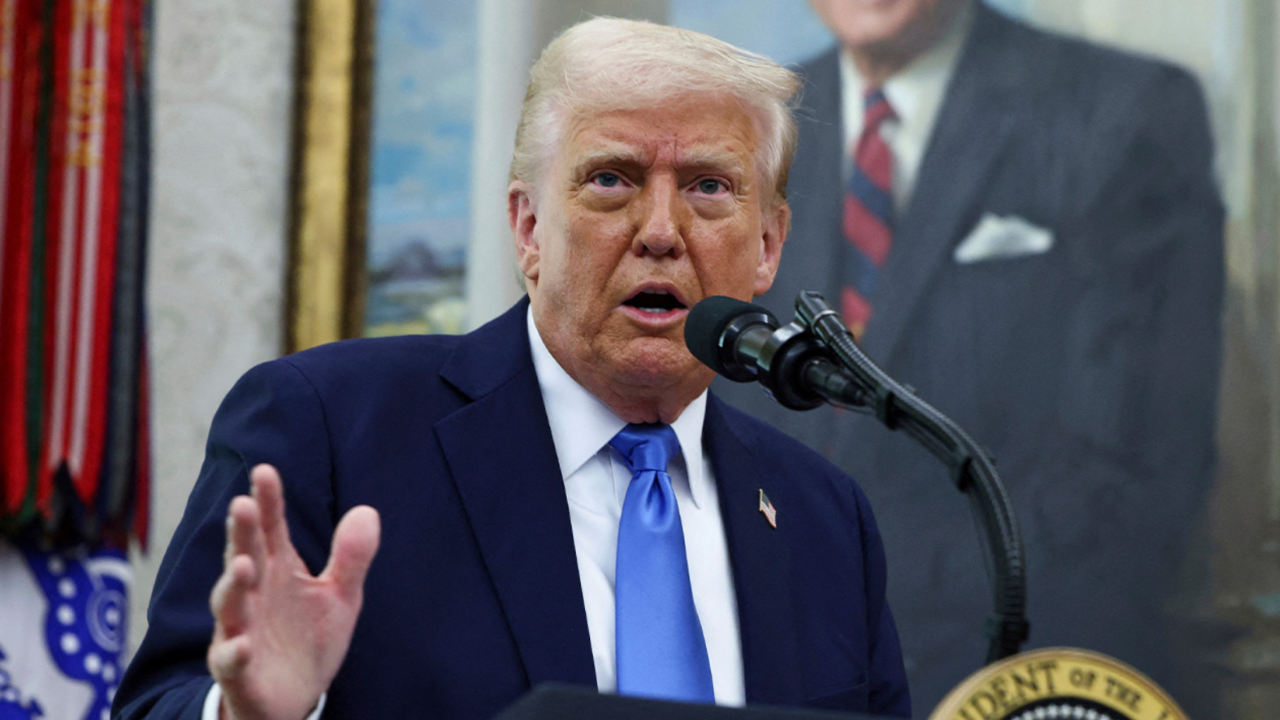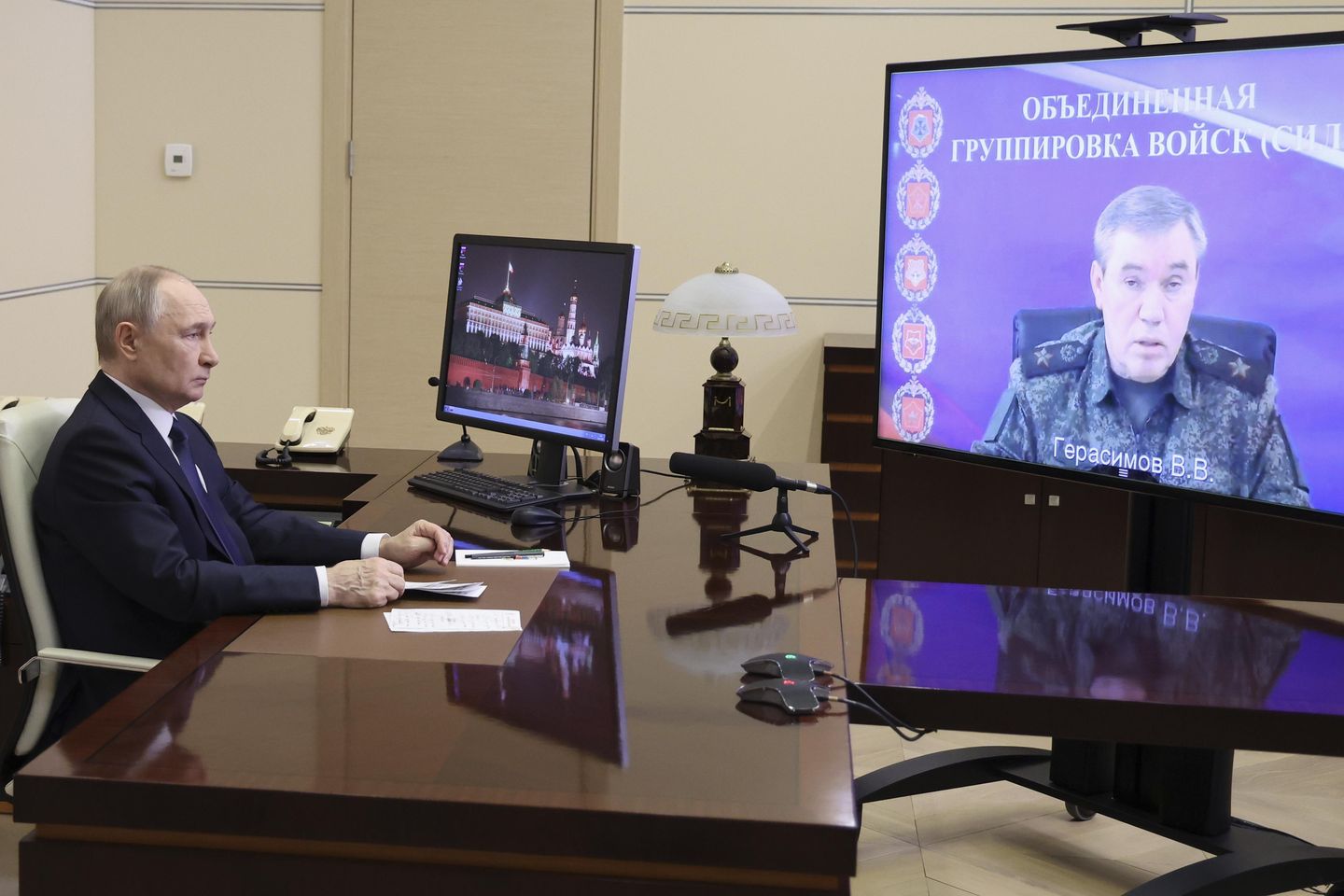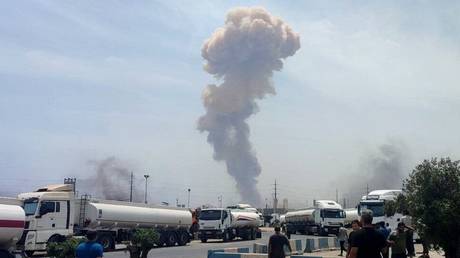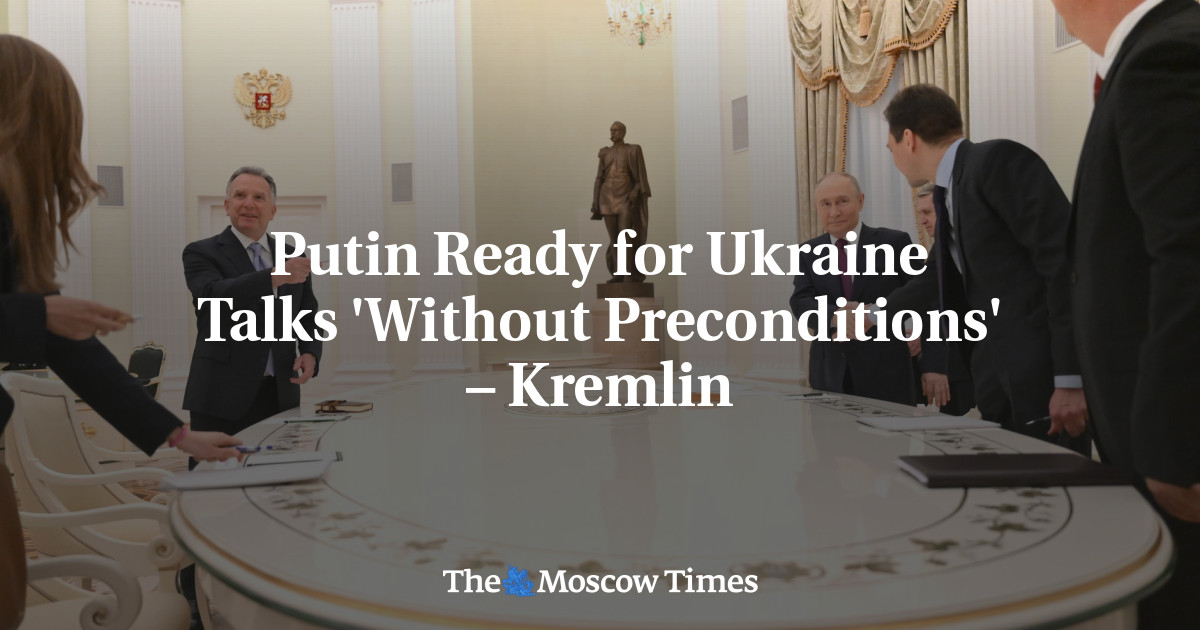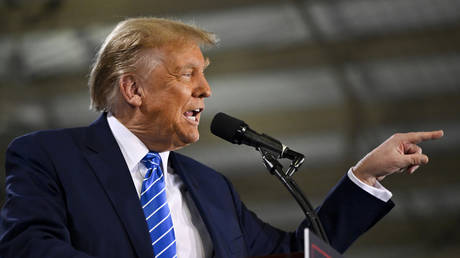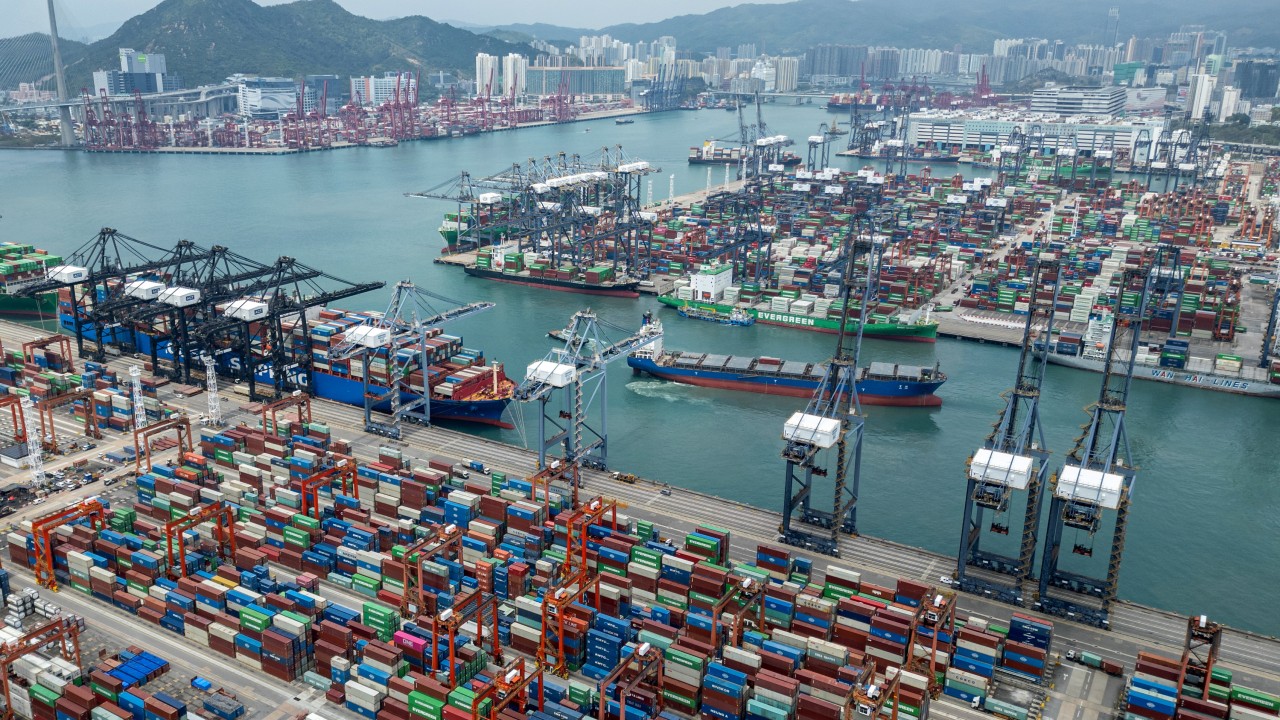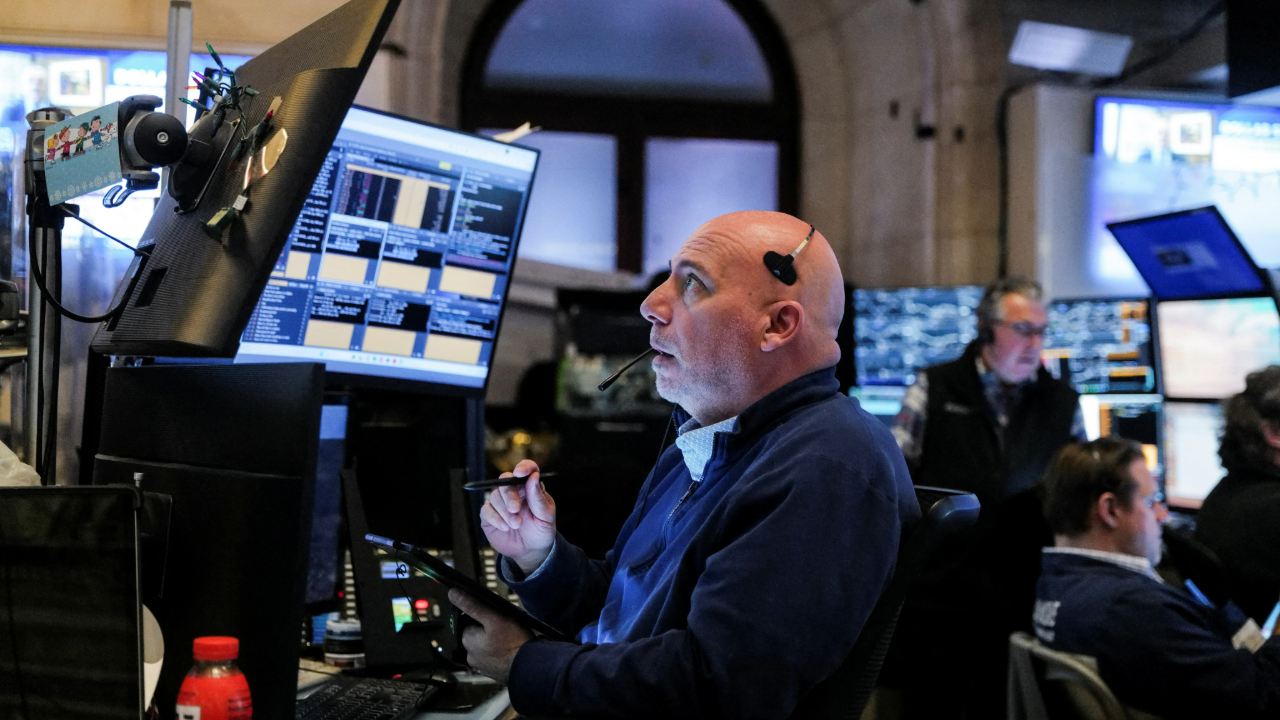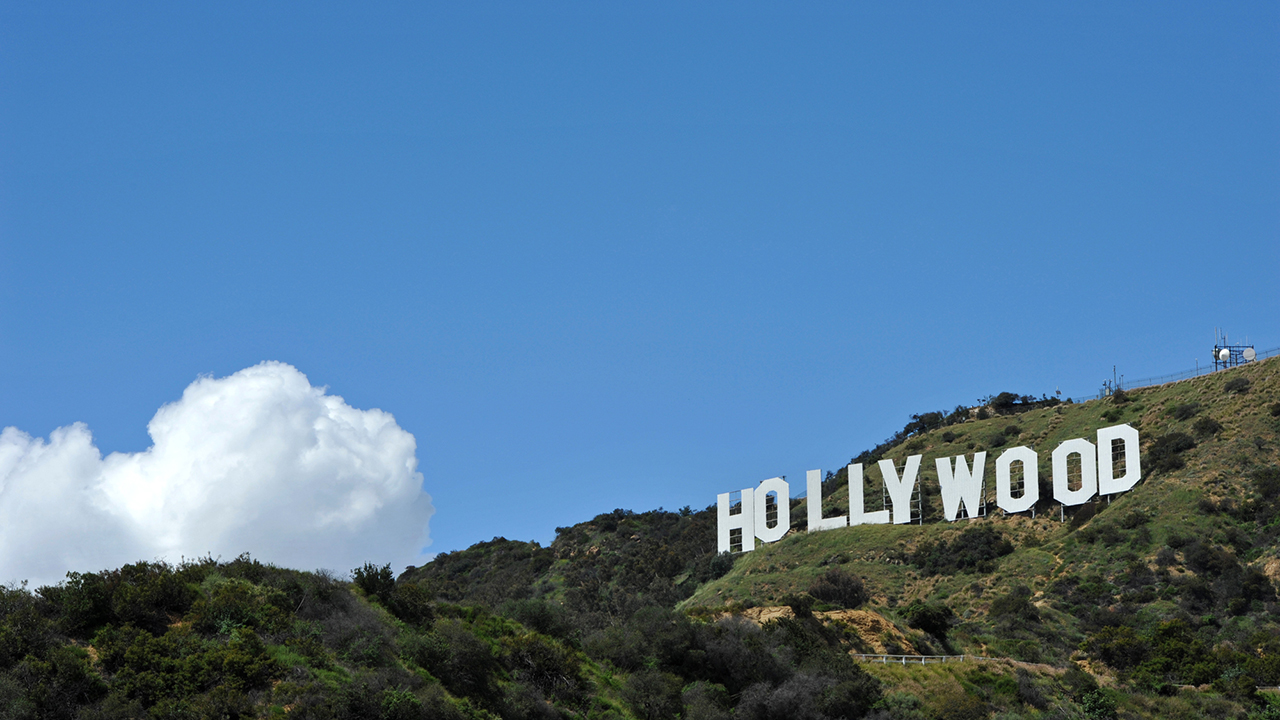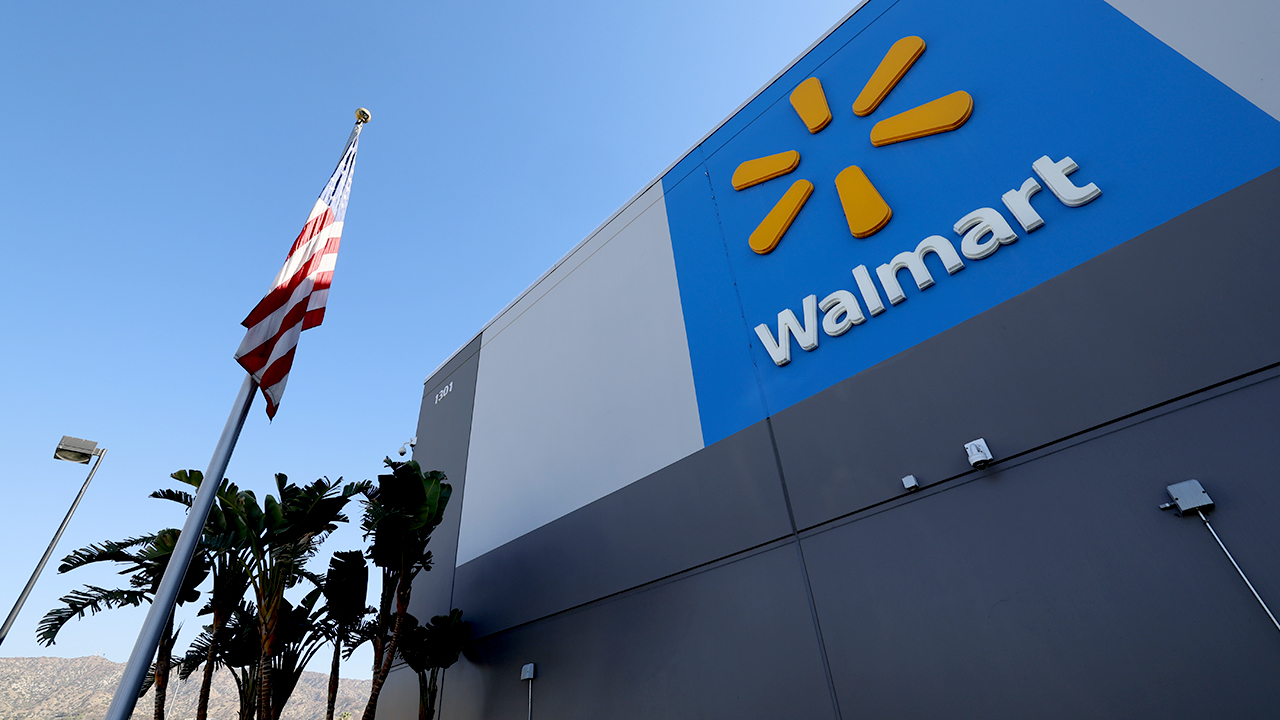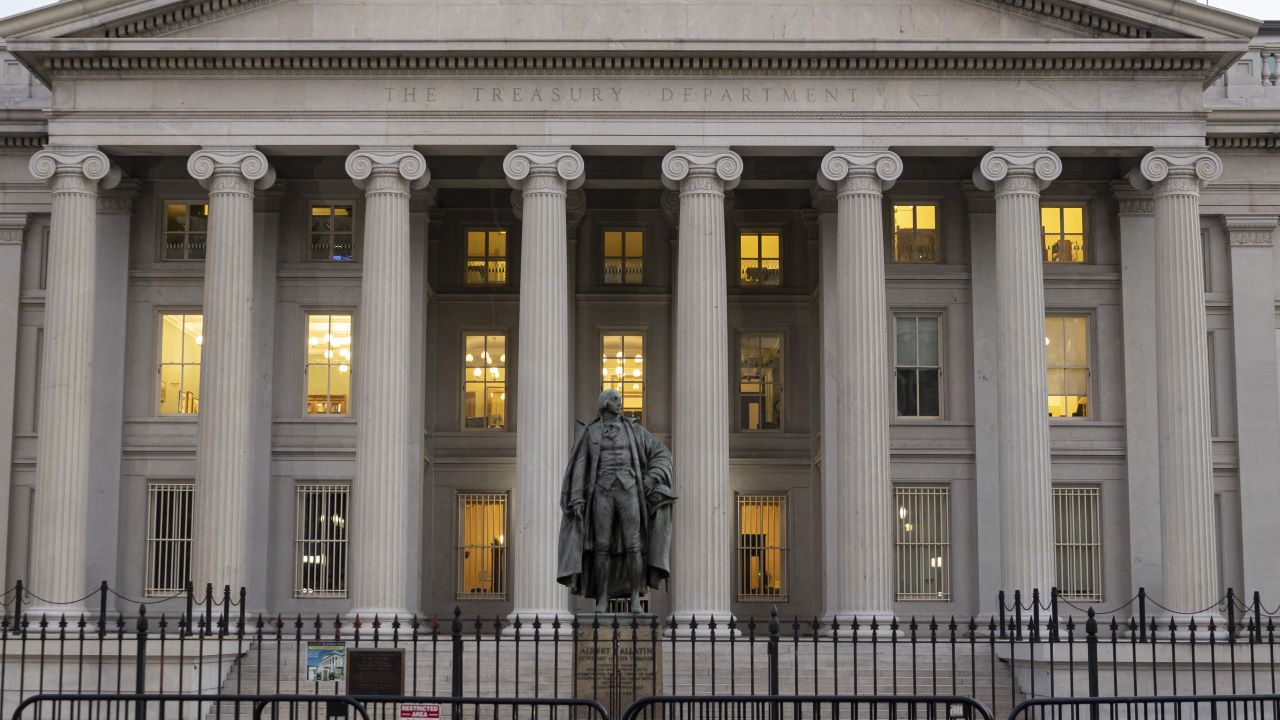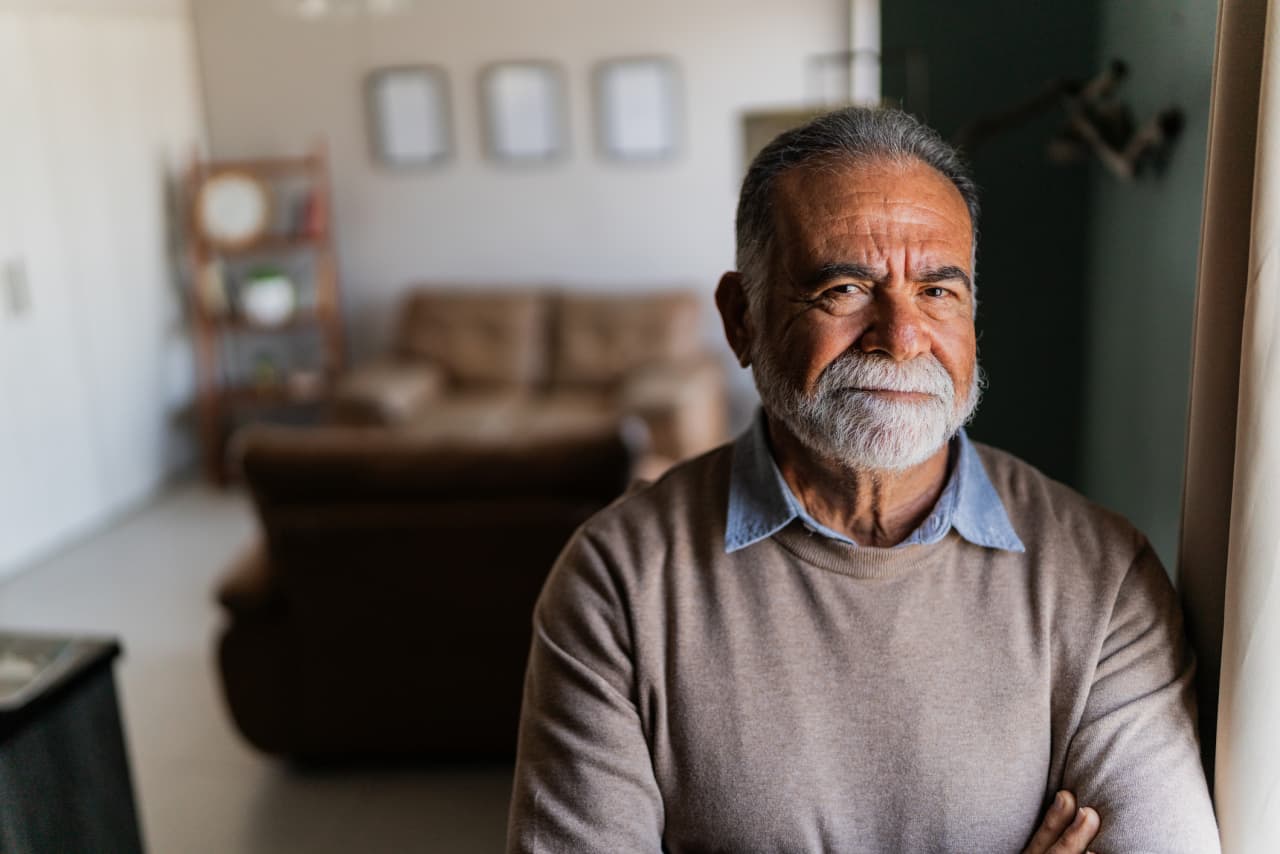Why China-Taiwan Relations Are Getting So Tense
Taiwan's President has become more strident on cross-Strait questions, and Beijing is turning up the dial.


Since the inaugurations of William Lai as Taiwan’s President in May 2024 and Donald Trump as U.S. President in January, Beijing has been on edge. Will Lai take provocative actions that demand a response? And what is Trump’s attitude toward Taiwan and its fight to remain outside China’s orbit?
The answers have proved complicated. In the early days of his presidency, Lai carefully avoided riling Beijing unnecessarily. The strength of Taiwan’s economy last year appeared to relieve him of any political need to rally his nationalist base with fist-shaking actions or rhetoric toward the mainland. But his Democratic Progressive Party lacks a parliamentary majority, and he can’t be sure the Trump Administration has his back. Whatever his political intent, Lai has become more strident on cross-Taiwan Strait questions in recent weeks. [time-brightcove not-tgx=”true”]
On March 13, Lai delivered a speech in which he proposed 17 steps Taiwan should take to counter threats posed by China and its bid to infiltrate his government and Taiwanese society. Predictably, Beijing one-upped him, with 18 pieces of official commentary via state media that attacked Lai and his plans. Two weeks later, he was denounced as a “danger maker” and China’s People’s Liberation Army released propaganda videos simulating a blockade of the self-ruled island. If that was too subtle, China’s navy conducted joint exercises around Taiwan on April 1 to simulate an “assault on maritime and ground targets, and a blockade on key areas and sea lanes,” according to a PLA official. The Chinese coast guard deployed vessels in a circumnavigation patrol around Taiwan.
We’ve seen similar moves and countermoves in the waters between China and Taiwan many times before. But this time both sides are trying to decipher what the mercurial Trump really thinks.
For now, Taiwan needs to safeguard its economy against Trump’s tariff pressures. Lai’s negotiators held their first trade talks with the White House on April 11, shortly after Bloomberg published an op-ed by Lai that proposed a reciprocal zero-tariff regime with the U.S. and an increase in purchases and investments in the U.S. Lai then called on April 14 for a “Taiwan plus the U.S.” framework to help Taiwanese companies relocate and expand into the American market.
Though we don’t yet know his tariff intentions toward Taiwan, Trump is extremely unlikely to cut it loose, at least in the near term. Yes, he’s made clear his flexibility on territorial integrity (see Greenland/Denmark, Panama, and even Canada). If he won’t take on costs and risks to help Ukraine repel Russian invaders, how confident can Taiwan be that Trump will commit U.S. troops and taxpayer funds to defend an “ally” thousands of miles from American shores?
At the same time, Trump has filled his Cabinet with China hawks, and if there’s one U.S. ally most every Republican in Washington wants to defend, it’s Taiwan against China. Beijing knows a full-scale invasion would risk direct war with the U.S., a destructive gamble for China’s already wobbly economy at a time when Trump has added 145% tariffs to its burdens.
Read More: Why Trump Will Blink First on China
For China’s leaders, it’s much safer to hold off on a full-scale invasion until the military balance more decisively favors its forces, its economy is on more solid footing, and the U.S. is led by a more predictable President. The real risk is that China will test U.S. resolve and probe Trump’s responses with incremental escalations of pressure on Taiwan, none big enough on its own to create a crisis.
Would it were that simple. As U.S.-China relations further break down, the shutting down of key lines of communication between Washington and Beijing could enable any accident or miscalculation to escalate into a full-blown military crisis that both would much prefer to avoid.
What's Your Reaction?







